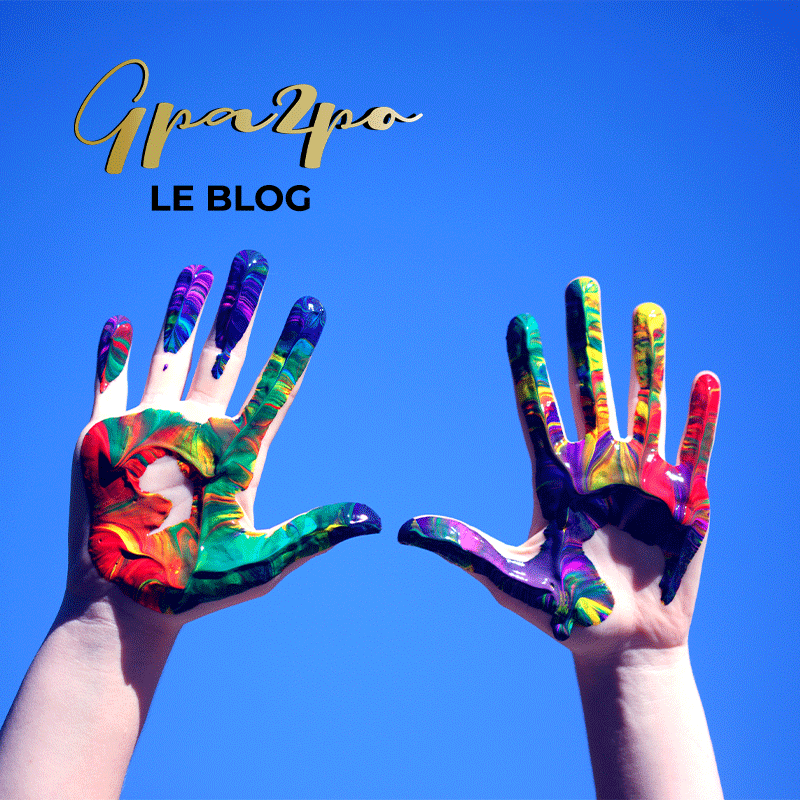The International Day Against Homophobia, Transphobia and Biphobia was created in 2005 to highlight the discrimination and violence suffered by lesbian, gay, bisexual and trans (LGBT) people. Because the consequences of discrimination on health are serious, it is essential that we all get involved.
Why is it still necessary to be indignant and to act in the face of intolerance?
If we talk about it today, it is because the problem is real and persistent
Even if French people's opinion is evolving year after year towards acceptance and tolerance, discrimination and violence against LGBT people are still widespread in France5 . It manifests itself in many ways. It can be violence:
Discrimination and violence against trans, gay, lesbian and bisexual people can have serious consequences for those who are victims:
- physical violence is likely to lead to after-effects, sometimes very serious;
- discrimination and violence often lead to psychological distress, which can range from a drop in self-esteem to depression and suicidal thoughts or actions
- Poor mental health is often accompanied by increased use of psychoactive substances and increased exposure to HIV and other STIs;
- Discrimination is also a barrier to seeking care.
There is no such thing as "petty discrimination". All violence committed against LGBT people is neither acceptable nor tolerable. It is illegal and condemnable.
Key figures on discrimination against LGBT1 people1
1 in 4 LGBT people have been the victim of at least one LGBTphobic attack in the workplace.
4 times more likely to commit suicide
Gay and bisexual people are on average 4 times more likely to commit suicide than the general population, and trans people 7 times more likely than the rest of the population.
14% of LGBT people have experienced physical and/or sexual assault in the past five years because of their sexual orientation and/or gender identity. This figure rises to 22% for trans and intersex people.
These figures, from the National Action Plan for Equal Rights, Against Anti-LGBT Hate and Discrimination 2020-2023, are alarming and reveal the need for all of us to act together to stop acts of violence and discrimination.
Discrimination, violence and insults against LGBT persons are illegal and punishable by law 2
A legal framework exists to protect LGBT people. Currently, perpetrators of LGBTphobic discrimination risk:
- up to three years in prison ;
- a fine of 45,000 euros.
If a public service employee commits a discriminatory act in the course of his or her duties (school, police officer, city hall, prefecture, employment office, etc.), he or she risks up to five years in prison and a fine of 75,000 euros1.
Violence is punishable by law in all cases. But it is an aggravating circumstance when it is accompanied by homophobic, racist, anti-Semitic or sexist intent... Hate speech, whether homophobic, racist, anti-Semitic, sexist, etc., is punishable by law, as is incitement to hate or violence. If they are expressed in public, in the media or on the Internet, it is easy to report them in order to stop them as soon as possible.
What is discriminatory behavior?
Discrimination is considered to occur when three elements are present:
- less favorable treatment of a person or group of persons;
- because of criteria defined by law (origin, disability, gender, religion, sexual orientation, etc.);
- in a field provided for by law (employment, access to housing, etc.).
Discrimination can take place anywhere:
- at work ;
- at school;
- in transportation;
- in a religious community;
- within one's own family;
- within one's own group of friends;
- etc.
Some examples :
- refusing to hire an individual because he or she is LGBT;
- suspending an employee's contract after being informed that he or she is LGBT and/or HIV positive;
- Refusing to rent an apartment to an individual because of his or her sexual orientation or gender identity;
- Denying an LGBT person access to a public or private place because of their sexual orientation or gender identity;
- impossibility of updating certain contracts despite a change in marital status (telephone, energy contract, etc.);
- non-recognition of the union and/or a spouse by the family;
inequality in gifts, donations and/or legacies.
How to recognize them?
It is often difficult to recognize discrimination or to have the weapons to confront it.
But, whether you are a victim or a witness, you can be listened to and accompanied by the teams of the Defender of Rights. Legal experts answer you free of charge, directly and confidentially.
Faced with this ordinary and trivialized violence, we often remain spectators, powerless and mute. We do not dare to speak out against the perpetrators of this discrimination. These perpetrators can be members of our family, colleagues, friends or even strangers in the street.
However, it is up to all of us, victims but especially witnesses, to act against these discriminations and these violences in order to :
- protect and stand in solidarity with LGBT people;
- to condemn the aggressors;
- to change mentalities and French society.
How to act against intolerance?
At work, at school, in our family circle or in our friendships, we all have the means to participate in creating an inclusive and caring environment for LGBT people. Accepting others as they are, regardless of their sexual orientation or gender identity, reaching out to them: no matter the context, we can all take action to stop homophobic and transphobic discrimination and violence.





